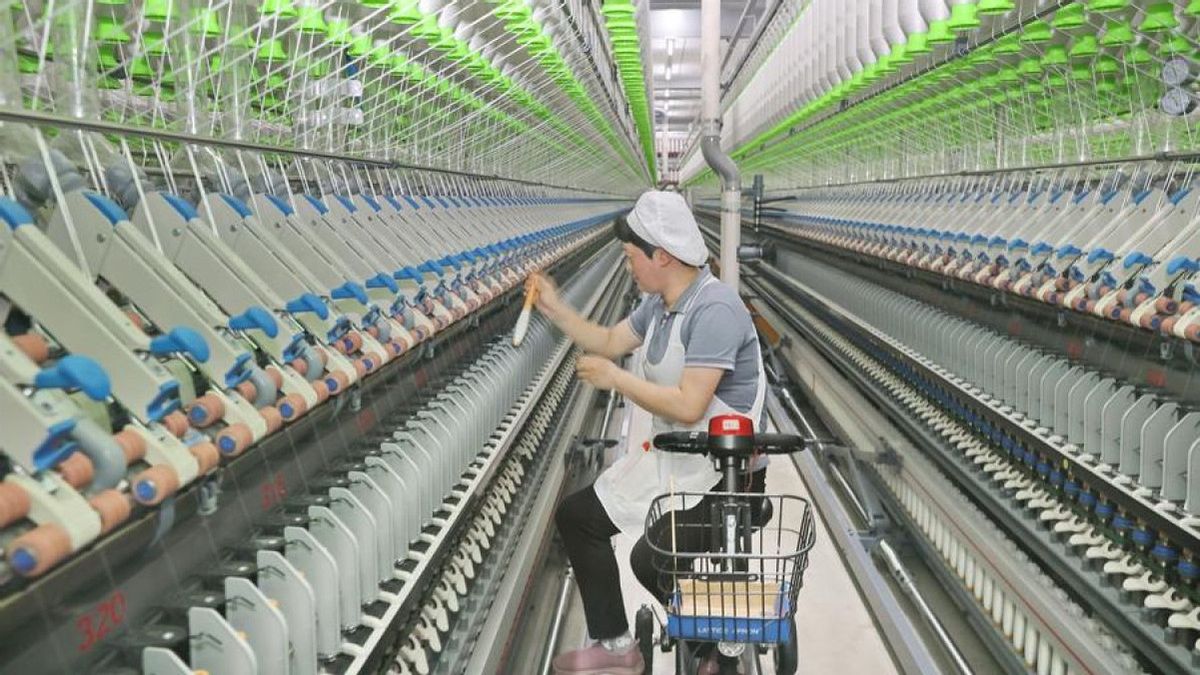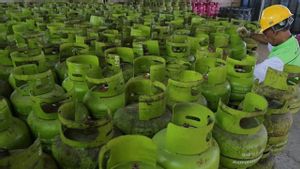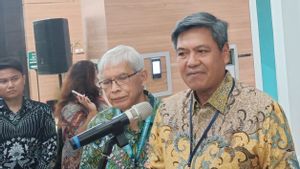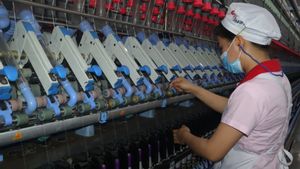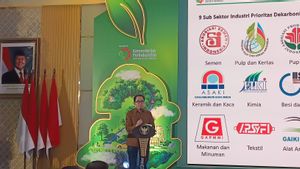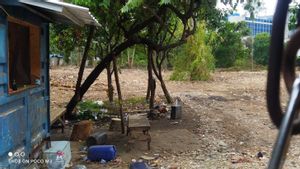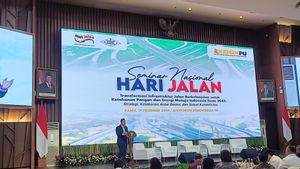JAKARTA - Human Resources Commissioner of the Indonesian Textile Association (API) Harrison Silaen said it needed a clear direction from the government to deal with the problem of the domestic textile industry so as not to slump.
If the government still considers the textile industry important, he continued, then there must be efforts to protect it.
"Let us all, including the institution together to protect it. We are aware that around 20 ministries and institutions related to the textile industry, all have their own interests," he said as quoted by ANTARA, Tuesday, June 25.
In addition, he said, there are rules from each consumer so that these conditions make it difficult for the development of the textile industry.
"So all the rules of the world enter, it will be difficult for us to run or compete with foreign countries," he said.
On the other hand, according to him, API is also struggling to communicate with other parties and improve performance in the industrial sector.
He said that currently the average textile business actor is in difficult condition. Even if you look at the conditions over the last nine years, according to him, the conditions in 2023-2024 are the worst conditions for the domestic textile sector.
"Many factors influence, both market factors, technology, regulations, and others," he said.
On the same occasion, Deputy Speaker of the Central Java API, Liliek Setiawan, said that geopolitical conditions, especially the crisis in Europe triggered by the Ukraine and Russia wars, were one of the causes of sluggish markets in the region.
"This is a turmoil in the economy, a negative turmoil. This is exacerbated by the sluggish market due to the shift in priority for spending money," he said.
Moreover, he said, Indonesia is not the only producer country or textile exporter.
SEE ALSO:
On the other hand, according to him, domestically the textile industry is facing predatory pricing or illegal strategies selling goods under prices which is one of the trading tricks aimed at monopoly.
"So challenges not only come from external factors, but also from within the country, including regulatory issues. Current conditions are called the worst conditions since the last nine years for the textile world," he said.
In fact, according to him, if left unchecked, this predatory pricing will kill MSMEs.
"So it's not only big industries but also MSMEs. If MSMEs have an impact, it means that the impact is massive. Moreover, our economic actors are 95 percent in MSMEs," he said.
He said that to overcome this problem, consistency is needed, especially in terms of regulations.
The English, Chinese, Japanese, Arabic, and French versions are automatically generated by the AI. So there may still be inaccuracies in translating, please always see Indonesian as our main language. (system supported by DigitalSiber.id)
